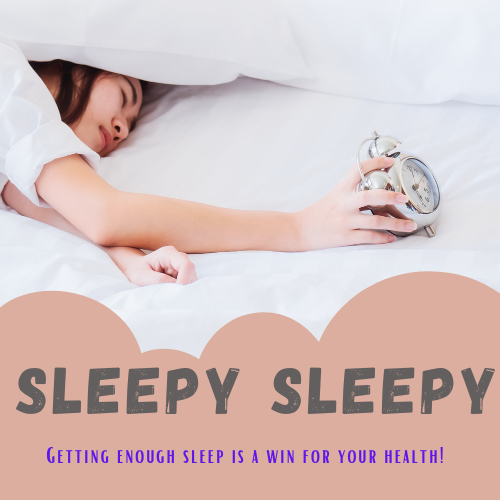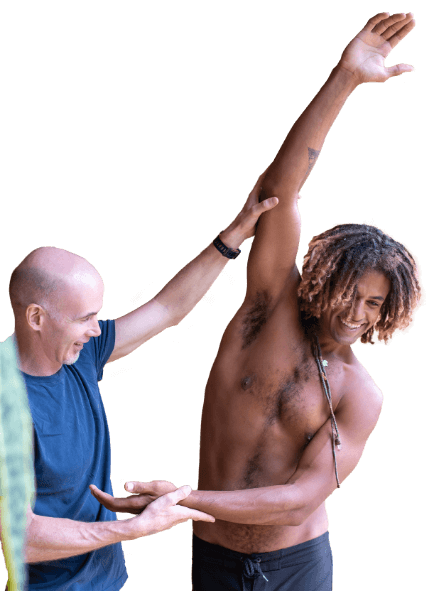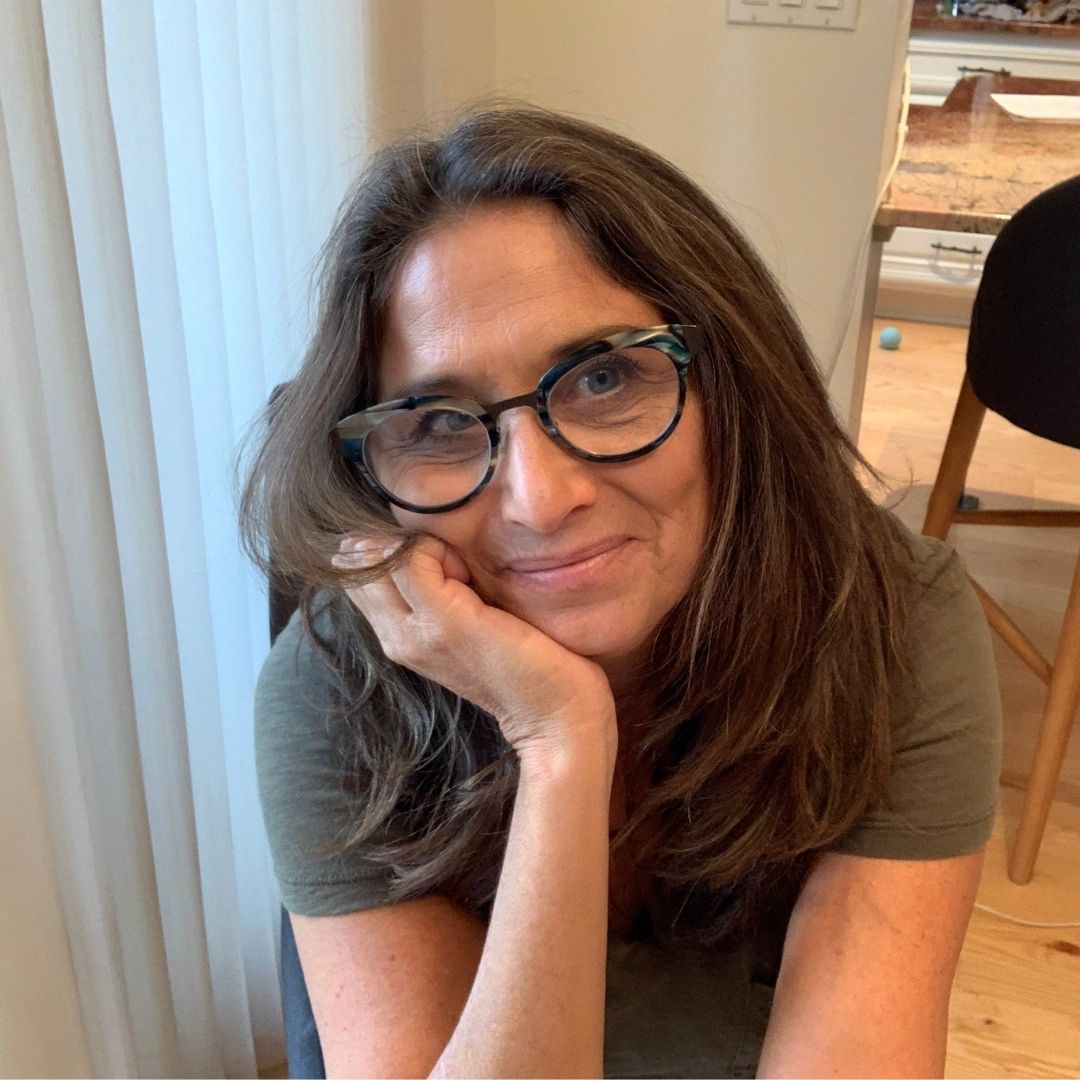
Back in the late ’90s and early 2000s, I didn’t think much of staying up all night. Pulling an all-nighter for university or a party was pretty straightforward. I think that a little bit of this mentality has stayed with me, and I see it in my patients as well. Sleep is the first thing to do when there isn’t enough time. When we are trying to cram everything into this short time we have on the earth, we tend to turn to caffeine and willpower to grind through the day. With 50% of Americans reporting not getting enough sleep, it’s time to ask the question, has this sleep deprivation damaged our health? Currently, a new wave of doctors is asking their patients to prioritize sleep.
Why are they doing this?
These doctors understand the hierarchy of health. They understand that to be healthy; we need good nutrition, exercise, relationships, stress management, and sleep. The bottom of the pyramid is sleep. Poor sleep cannot be undone by nutrition, exercise, and meditation. Or, as I like to say, you can’t exercise yourself out of chronic sleep deprivation.
How much is enough?
Recently I showed a friend some stats from my Whoop, which is a wristband that tracks some metrics like sleep. He noticed that I spent 8 hours in bed and whistled as if to say I was lucky to have that much time. But he did not realize that I planned my day around it. When I have my kids, I work backward from their bedtime, which is similar to mine, so I know when to feed them and get them ready for bed for their optimal health and mine. That means switching off the T.V. and devices, saying no to things that will make me stay up late, and exercising some discipline with my children. Something I’ve noticed that has gone out of fashion with most North American parents nowadays.
What does the science say?
A 2019 paper published in Harvard Health concluded that a MINIMUM of seven hours is recommended for good health. The research was based on hundreds of studies that followed peoples’ long-term experiences of heart disease, diabetes, and mental health difficulties. Those who slept between seven and nine hours were typically at lower risk of future ill health.
However, the time you need to spend unconscious varies with age. One journal detailed that 18- to 60-year-olds “need” seven to eight hours, 61- to 64-year-olds “need” seven to nine, and the over-65s drop an hour again (for some unspecified reason).
By contrast, however, when I’m working with clients, I’m looking for people who sleep a lot. Some studies have shown a link between oversleeping and bad health.
A study published in the journal Sleep looked at 1.4 million people and found a 30 percent rise in the risk of death for people who slept nine hours or more, possibly because they may have underlying medical or social problems. Interestingly, the report concluded that while short sleep may represent a cause of ill health, long sleep is believed to represent more of an indicator of ill health.
When it comes to sleep and your health, try using the Goldilocks principle, not too much or too little.

Over the last 10 years Ed has been building a YouTube library to help people manage their own pain or movement limitations and increase performance through exercise. He regularly adds videos so be sure to subscribe and visit regularly


"Oh My Gosh- I am ALREADY feeling relief after a few days! I used to wake up 2-3 times a night with shooting pain that anti inflammatories couldn't touch. Now I have been waking up just because I want to notice what it feels like to lay in bed pain free- THANK YOU!."

"When I first started with your program I was experience a lot of pain. Walking was difficult. I had to stop and catch my breath every few minutes and lean against a wall for support. Now when I walk with my husband we go for over an hour. I never had to sit down and stop...and, hardly any pain!!! 😊😊 I can’t thank you enough."
Frustrated that you aren't recovering fast enough?
Discover how to heal from illness and injury using movement, food and lifestyle.